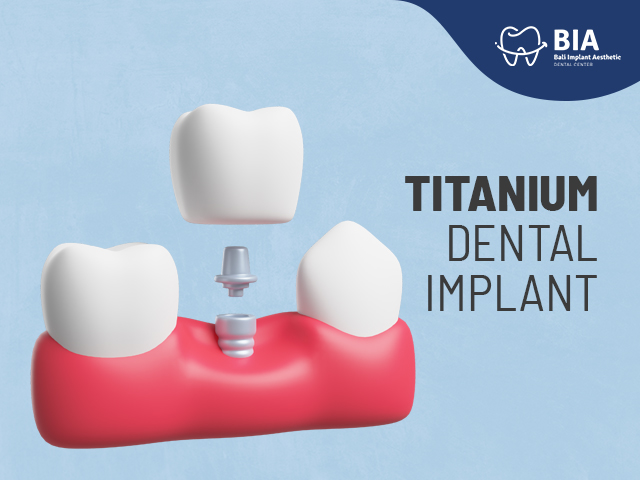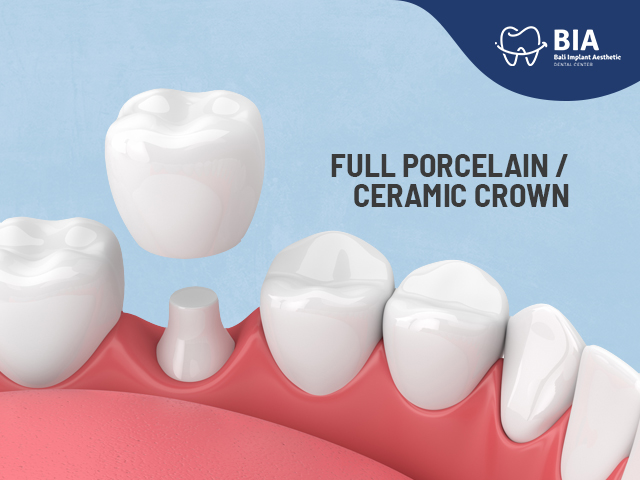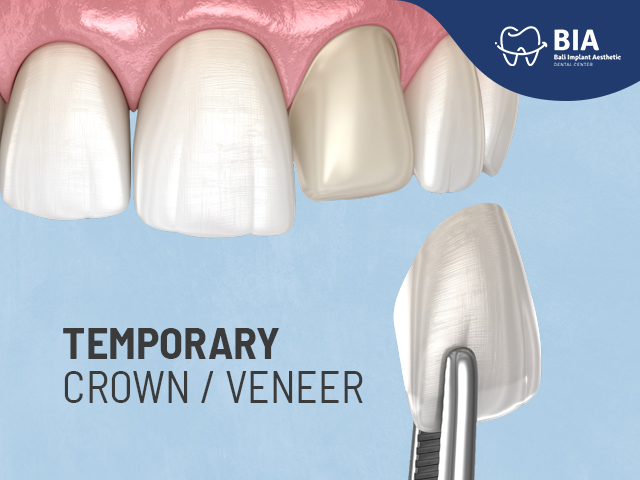Mental Disorders, Symptoms and How To Treat It
Article | 2023-07-26 01:45:51
Home » Articles » Mental Disorders, Symptoms and How To Treat It
Mental Disorders,
Symptoms and How To Treat It
Mental health has received special attention from many parties, especially since the COVID-19 pandemic. The situation in almost all parts of the world that requires people not to do activities outside the home and just stay indoors causes stress levels to increase because there is less interaction with people, feeling alone, and feeling isolated. Reports of an increase in cases of mental disorders during the COVID-19 pandemic have also increased. Mental disorder or mental disorder is a health condition in which the individual experiences a change in mindset, emotion or behavior or a combination of these three changes. Mental disorders according to the Ministry of Health of the Republic of Indonesia are changes in mental function that cause disturbances in mental functions, so that it can cause suffering to individuals and or obstacles in carrying out social roles. As with physical illness, mental illness also has a cure. In this article, we will discuss how to overcome and treat several types of mental disorders.
The negative stigma that has developed in Indonesian society regarding mental disorders makes many people limit themselves to getting help or treatment. Mental disorders are often associated with insanity or more roughly called crazy. Some people may have realized something was wrong with their mental health, but did not have the courage to seek help for treatment or to tell others because of this stigma. It should be noted that the era has changed, and peoples way of thinking has also developed, where since the COVID-19 pandemic public awareness of mental health has also increased. Mental disorders can be caused by several factors, namely biological factors which include the brain, endocrine system, genetics, sensory, and maternal factors during pregnancy, psychological factors which include early experiences, learning processes, and needs in life, socio-cultural factors which include stratification social, social interaction, family, social change, and social culture itself, and the last is environmental factors. There are several symptoms and signs of mental disorders that occur in someone with a mental disorder, depending on the type of mental disorder experienced. People with mental disorders can experience disturbances in emotions, thought patterns, and behavior. Some examples of symptoms and characteristics of mental disorders include:
Delusions, namely believing in something that is not real or does not match the actual facts
Hallucinations are sensations when a person sees, hears or feels something that is not real
Loss of ability to concentrate
Having bad experiences and memories that cant be forgotten
Mood swings at certain periods
Feelings of sadness that last for weeks, even months
Excessive and continuous feelings of anxiety or fear, to the point of interfering with daily activities
Eating disorders, such as feeling afraid of gaining weight, tending to vomit food, or eating in large quantities
Changes in sleep patterns, such as easy drowsiness and falling asleep, difficulty sleeping, and breathing problems and restless legs during sleep
Changes in sex desire
Addiction to nicotine or alcohol, as well as drug abuse
Excessive anger to the point of going berserk and committing acts of violence
Having thoughts of hurting yourself or others
Unable to carry out daily activities such as caring for children or going to school or work
Unnatural behavior, such as screaming incoherently, talking and laughing alone, and leaving the house naked
In addition to symptoms related to psychology, people with mental disorders can also experience physical symptoms, such as headaches, backaches, and heartburn.
As with physical illness, mental illness can also be treated. Treatment of mental disorders depends on the type of disorder experienced by sufferers and its severity. Treatment for mental disorders can be in the form of cognitive behavioral therapy, administration of drugs, to healthier lifestyle changes. Cognitive behavioral therapy is a type of psychotherapy that aims to change the patients thought patterns and responses from negative to positive. This therapy is the main choice for dealing with mental disorders such as anxiety disorders, bipolar disorders, sleep disorders, depression, and schizophrenia. Usually, in many cases of mental disorders, doctors will combine this therapy with medication for a more effective treatment of mental disorders. Giving drugs or medication to people with mental disorders aims to relieve symptoms experienced by sufferers and increase the effectiveness of psychotherapy. Some of the drugs commonly prescribed by doctors include antidepressants, antipsychotics, anxiety relievers such as alprazolam, and mood stabilizers such as lithium. One of the treatments for mental disorders that is no less important is lifestyle changes. Living a healthy lifestyle can improve the sleep quality of people with mental disorders who also experience sleep disorders, especially when combined with psychotherapy and medication methods. If you have a mental disorder that is severe enough, you need to undergo treatment in a mental hospital. Likewise, if the sufferer cannot undergo independent treatment or a mental disorder causes the sufferer to take actions that endanger themselves and others.
Mental health plays an important role in everyday life, especially in ones social life, therefore it is important for dentists to always pay attention to the mental health of their patients, both children who are vulnerable to trauma from dentists and dental treatment, people who have experienced Dentophobia, people with anxiety or stress or excessive fear, by providing specially designed facilities to relieve patient anxiety. BIA (Bali Implant Aesthetic) Dental Center is equipped with several special facilities that can help patients feel calmer, and can overcome the anxiety experienced by patients, including:
Smart TV can be a distraction for patients during dental treatment, so patients dont focus on their fear.
Bluetooth headphones can drown out the sound from dental equipment that can usually trigger and increase patient anxiety.
Blanket to warm and relax patient during dental treatment.
Aromatherapy will cause a feeling of relaxation in patients during dental treatment.
Stress Ball can reduce patient stress during dental treatment by squeezing or massaging.
Awareness of mental health must be increased, and if you realize that you or the people around you have a mental disorder, then immediately contact your doctor to get the right treatment. The quicker it is treated, the more optimal mental disorders can be treated. BIA (Bali Implant Aesthetic) Dental Center is committed to maintaining doctor-patient mental health for mutual well-being and comfort. Have your teeth and mouth health checked at least once every 6 months at the best dental clinic you trust. BIA (Bali Implant Aesthetic) Dental Center is a dental clinic with experienced dentists in their fields. BIA (Bali Implant Aesthetic) Dental Center is equipped with the latest technology to enable its patients to get the best dental care, comes with predominant shades of blue which makes patients feel more comfortable and calm while waiting in line. The dental treatment room with a beach view and clear blue sky will make you feel calmer and more relaxed during your dental treatment. BIA (Bali Implant Aesthetic) Dental Center is a trusted dental clinic near Kuta and not far from the airport. Dont let dental problems ruin your holiday in Bali, if you are enjoying the beautiful scenery of Ubud and unexpectedly need a dentist, the distance from Ubud to BIA (Bali Implant Aesthetic) Dental Center is approximately 35 km. Trust your dental care to dentists at the best dental clinic in Bali of your choice.
BIA (Bali Implant Aesthetic) Dental Center
Jl. Sunset Road No.168, Seminyak, Badung, Bali Indonesia 80361.
+6282139396161
REFERENCES:
American Phsychiatric Association. 2015. What is mental illness. (https://www.psychiatry.org/patients-families/what-is-mental-illness)
Departemen Kesehatan RI. 2000. Keperawatan Jiwa Teori dan Tindakan Keperawatan. Jakarta.
World Health Organization. 2016. (https://www.who.int/mediacentre/factsheets/fs396/en/)
Gao, J., et al. (2020). Mental Health Problems and Social Media Exposure During COVID-19 Outbreak. PLOS One, 15(4), pp. 1–10.
Gloster, A., et al. Impact of COVID-19 Pandemic on Mental Health: An International Study. PLOS One, 15(2), pp. 1–20.
Center for Disease Control and Prevention (2022). Mental Health. Coping with Stress.
World Health Organization (2020). Mental Health and Psychosocial Consideration During the COVID-19 Outbreak.
Bhandari, S. WebMD (2020). Causes of Mental Illness.
Rainey, J. WebMD (2022). What Are Mental Health Assessments?




